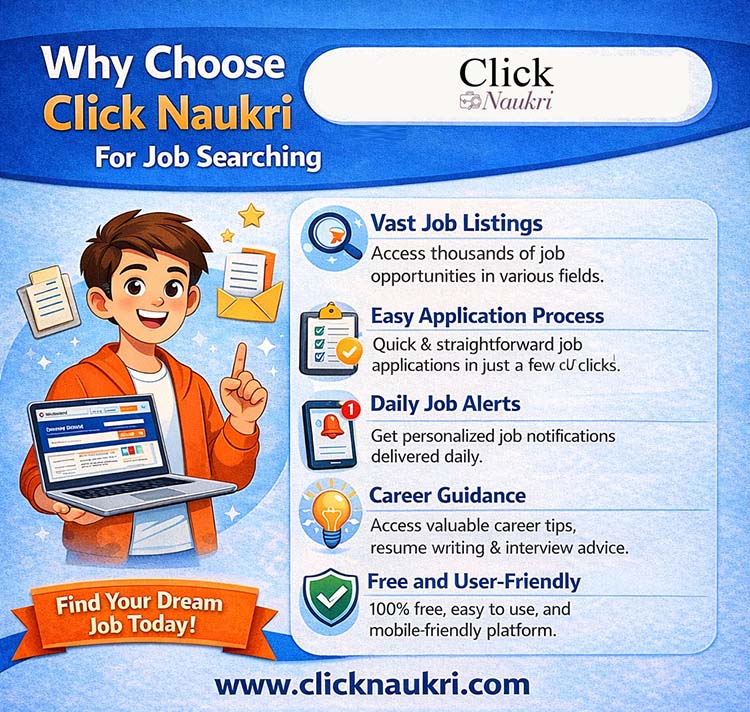Internship or Digital Apprenticeship: What’s Stronger in Today’s Job Market
This is a time when college degrees no longer guarantee you a job. Therefore, with degrees no longer guaranteeing employment, skill-building experiences like internships and digital apprenticeships are becoming critical for securing jobs. Graduates and young professionals are questioning the worth of traditional internships versus emerging digital apprenticeships. Both promise to build your skills, and both give you exposure. But which one truly holds more weight? Which one makes you job-ready in the eyes of real employers?
This blog will explore both models: what they offer, how they differ, and which might offer better returns depending on your goals.
What is an Internship?
Internships are a great way to explore and gain practical experience while you're a student. Its duration mainly spans a week to a few months. The structure remains generally informal. Participants shadow professionals, assist on projects, and gain exposure to the industry. Some are paid, others are unpaid. The purpose remains: broad exposure, testing the waters in different fields, networking, and resume-building.
Here's a clearer view:
Internships are generally short-term roles, spanning from 1 to 6 months, with a structured but limited scope of work. Most are unpaid or come with modest stipends. Their primary goal is to give students a taste of the professional world, help them build resumes, and sometimes, lead to pre-placement offers. But they’re not without criticism. Many internships turn into glorified data-entry stints. You might spend your summer fixing Excel sheets while the full-time team works on strategy. That disconnect often leaves students feeling disillusioned.
Internships are great if you want to get a feel of a field. They allow you to test-drive different industries, figure out what excites you, and make some early connections. But the truth is, they often don’t go beyond surface-level experience.
What is a Digital Apprenticeship?
Apprenticeships are typically of long duration, and often they are 12-24 months. You learn, earn, and build a portfolio of actual work that employers care about. Moreover, you’re assigned to a team, given a mentor, and gradually start handling parts of real campaigns. You’re attending online workshops, getting feedback, and earning a stipend. That’s the power of a digital apprenticeship. It’s immersive, structured, and designed to make you job-ready, not just “aware of the job”.
Apprenticeships actually win in the race!
Transformation Through Digital Apprenticeships
There’s something deeper that happens in an apprenticeship, something that internships rarely offer. You’re not just absorbing information, you’re transforming. Over months, you start identifying problems before others do. You contribute ideas in team meetings. You understand tools and platforms inside out. And you become confident not just in knowing but in doing. That kind of depth is what today’s employers crave. In a world where Google, IBM, and startups alike are hiring based on skills over degrees, what you’ve done holds more value than where you studied. A well-crafted digital apprenticeship offers you that edge. It becomes your real-world proof—your ticket to a job, and more importantly, to respect in the workplace.
Employers Mindset
Recruiters and hiring managers often say they prefer candidates who’ve undergone apprenticeships. Why? Because those candidates arrive ready to work. They’ve seen real pressure. Moreover, they’ve made mistakes and corrected them. They understand timelines, expectations, and tools; they don’t need months of internal training to become useful. In contrast, internship experience can be too vague. A candidate may have interned at a great company but done very little of consequence. Employers know this. That’s why they ask deeper questions now: “What did you actually do?” And that’s where apprenticeship candidates usually shine.
Why Apprenticeships Are Winning Today
1. You Get Paid to Learn
The truth is, many can’t afford to work for free. That’s what makes apprenticeships attractive. You earn while you learn.
2. Skill-Based Hiring is Taking Over
Companies like Google, IBM, and even Indian startups are dropping “degree required” from job listings. What they want is: “Can you really do the job?” And apprenticeships give you the proof. Real projects, actual client work, and relevant experience. It’s no longer about where you studied, it’s about what you’ve done.
3. Stronger Job Offers
Most apprenticeships lead to actual job offers from the same company. You’ve trained in their system, with their tools, on their projects. Why wouldn’t they hire someone they’ve already invested in? In contrast, internships rarely convert into jobs, unless you stand out exceptionally.
4. Digital Apprenticeships are Remote
Digital apprenticeships are inherently remote. This remote-first nature mirrors the real work culture of most modern startups and even global companies. Teams today function across time zones and workspaces. Apprenticeships don’t just train you on tools; they train you on collaboration, asynchronous communication, and output-focused work.
Are You Paid Fairly?
The financial aspect is crucial. Internships often come with low stipends, or none at all. Even internships at global firms can pay less than ₹5,000 a month. For students, this feels more like charity than compensation.
Digital apprenticeships, in contrast, tend to offer structured pay. While it’s not sky-high, it respects your effort and time. Many offer ₹10,000 to ₹25,000 per month, depending on role and company. This pay transparency and the promise of learning while earning make digital apprenticeships more attractive for students under financial stress.
Upskilling at the Core
Internships rarely come with a learning structure. You might be assigned a partner, or a manager might offer some mentorship, but there’s no formal curriculum. Most learning is incidental. Digital apprenticeships prioritize learning. Almost every program comes with milestone-based modules: Whether that’s weekly skill challenges, tool-based certifications, or soft skills development. You're not just working; you're actually growing.
This aligns with how companies hire today. Skills like analytics, Figma design, digital ads, automation tools, and Python scripting aren’t taught in most colleges. Apprenticeships fill that gap.
Conclusion
We’re living in a time where what you can do matters more than what you claim to know. Employers are not impressed by fancy degrees or vague internships anymore. But if you’ve stepped into a digital apprenticeship, you’re ready to go then! Hence, just a simple thing: Internships offer exposure. Apprenticeships offer transformation!
Want more resume and CV tips? Follow ClickNaukri for more!
Thank you for reading 🙂
------------------------------------------------------------------------------------------------------------------
Read more blog click here
Follow us on Instagram












